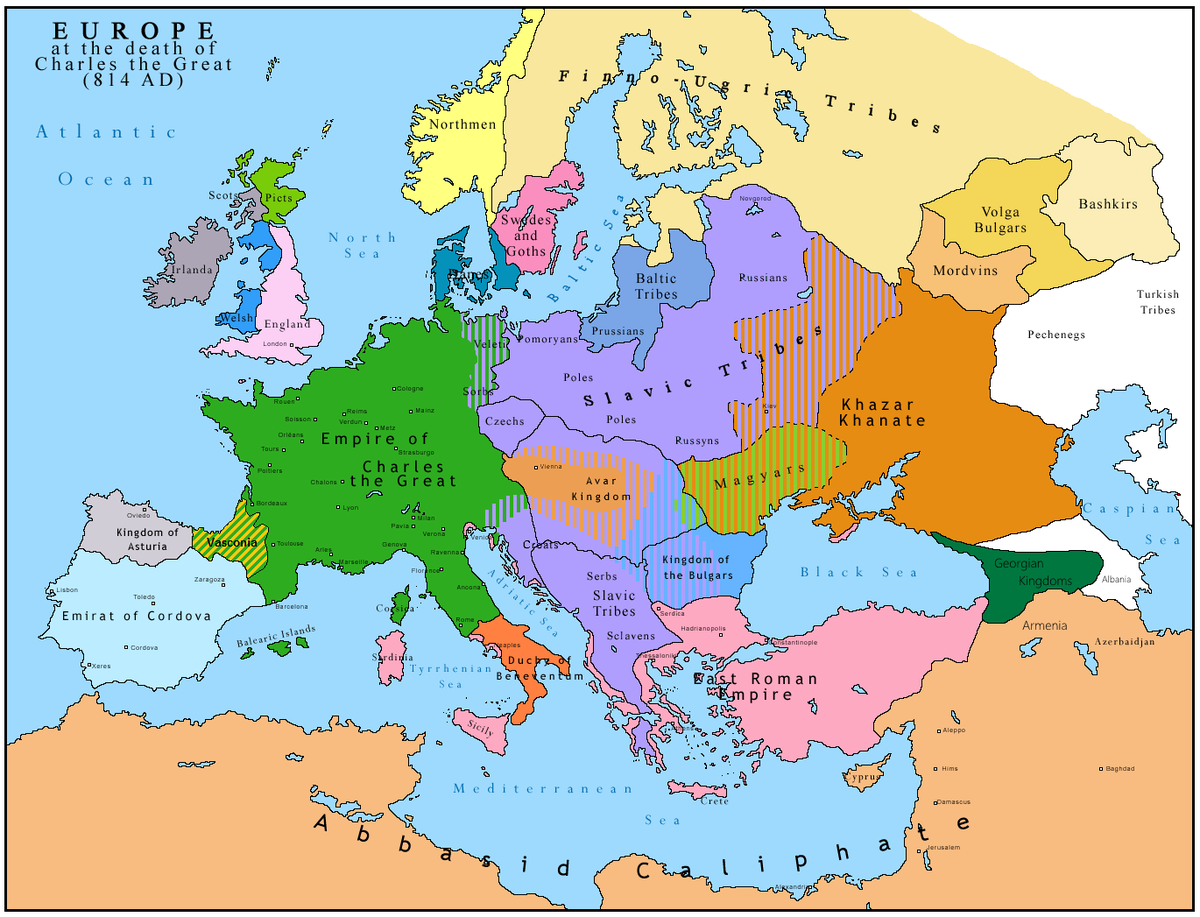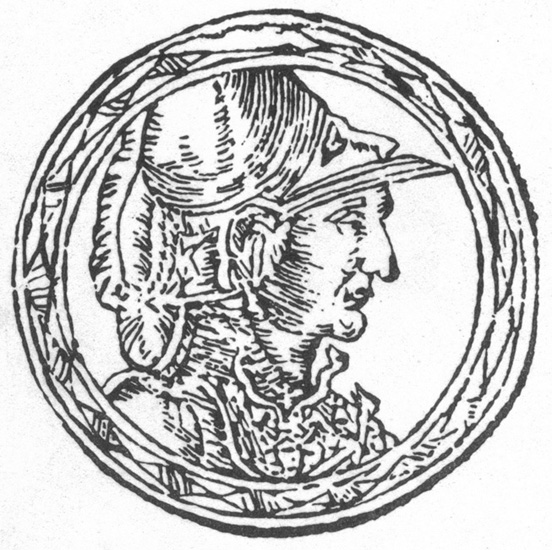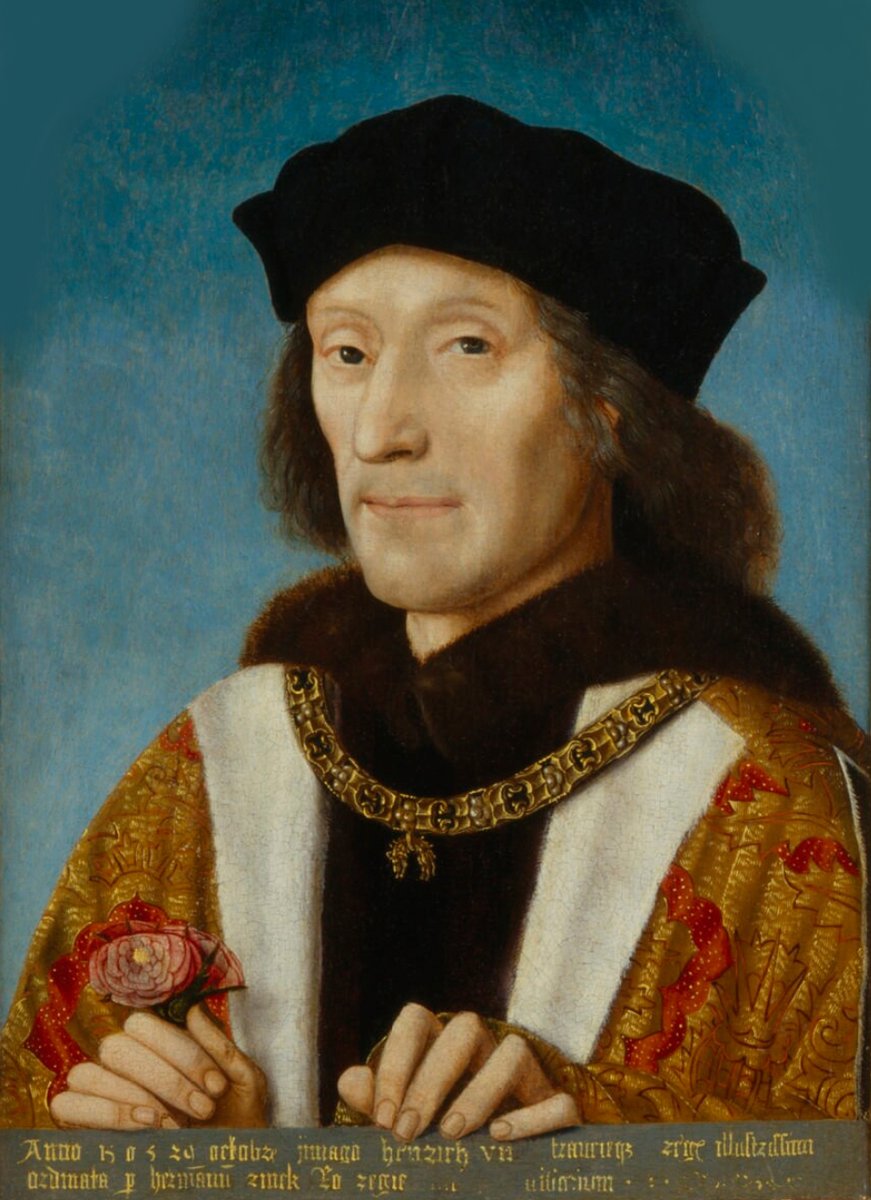
This was the beginning of what I see as the 300 year long Forever War for Europe.
From 1618 to 1945, Europe saw consistent warfare spread across the continent, though it was intermittent at times.
Europe peaked during this war, but it also led to their undoing as well. 1/20
From 1618 to 1945, Europe saw consistent warfare spread across the continent, though it was intermittent at times.
Europe peaked during this war, but it also led to their undoing as well. 1/20
https://twitter.com/jdmccafferty/status/999171155553644544
Europe had seen many wars after the collapse of Roman Empire in the West in 476, but they were mostly bilateral and local. It was only in the 1500s that Europe saw multi national alliances fight it out, with France, Holy Roman Empire, Spain and England fighting over Italy. 2/20 

But the fighting was limited to Italy.
The event in 1618 Prague was a story that was 200 years in making. It started with Jan Hus and his move to reform the Catholic Church in Bohemia.
With the Church unhappy about it, he was summoned to the Council of Constance in 1414. 3/20
The event in 1618 Prague was a story that was 200 years in making. It started with Jan Hus and his move to reform the Catholic Church in Bohemia.
With the Church unhappy about it, he was summoned to the Council of Constance in 1414. 3/20
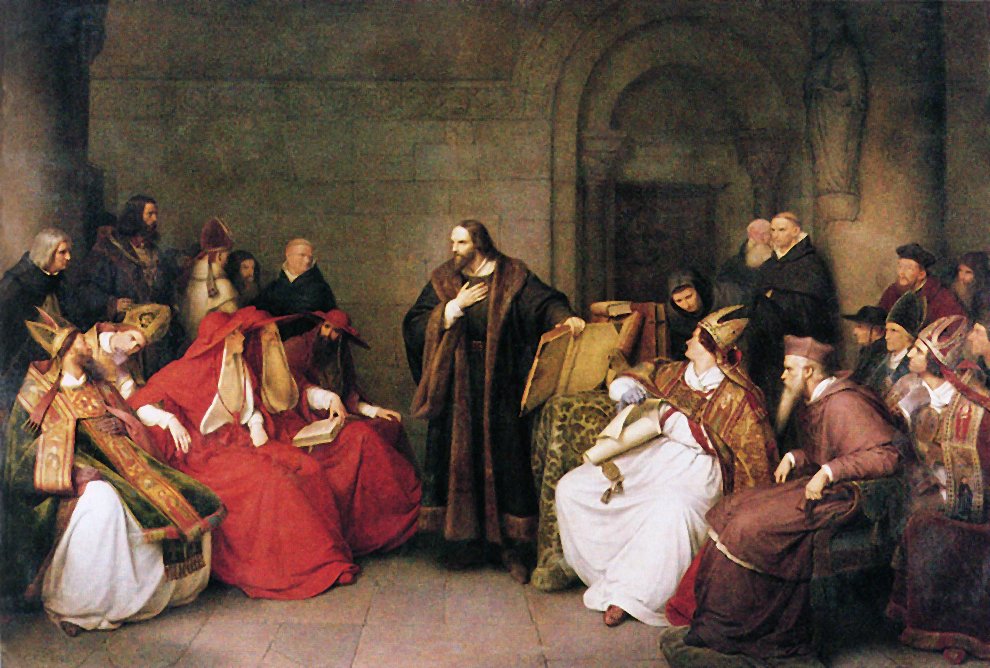
Though given assurance of safe conduct, Hus was arrested, imprisoned and later burned at stake. His followers were angry and for the two centuries, the tussle between the Hussites and the Catholics continued, till in 1609 when Emperor Rudolf II assured religious tolerance. 4/20 

In the meantime, Europe also had gotten divided on religious grounds. In an event mirroring the Hus arrest, Martin Luther was summoned to the Diet of Worms in 1521. While his Theses were deemed heretic, he escaped prison. And he found followers across Europe. 5/20 
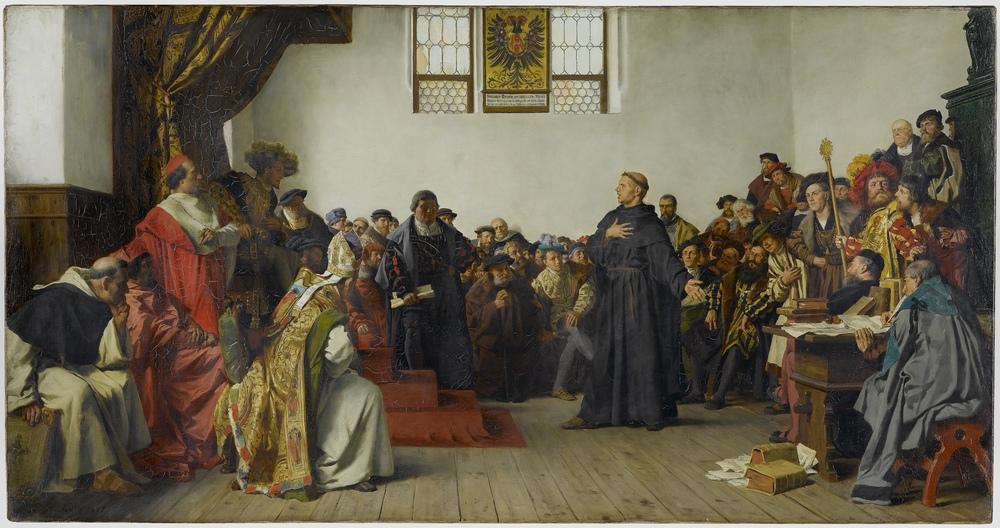
Nations switched over to Lutheran faith, while others broke away from Rome. The 16th century saw civil wars in many European nations over religion. By the end of the 16th century, the religious identities of the nations and the sub nations had more or less stabilized. 6/20 

This also meant that another bust up over religion could divide the continent and easily cascade into a continental war. This is what got started in 1618 when Bohemians threw imperial officials out for reneging on the assurance given in 1609. Their revolt lasted till 1620. 7/20 
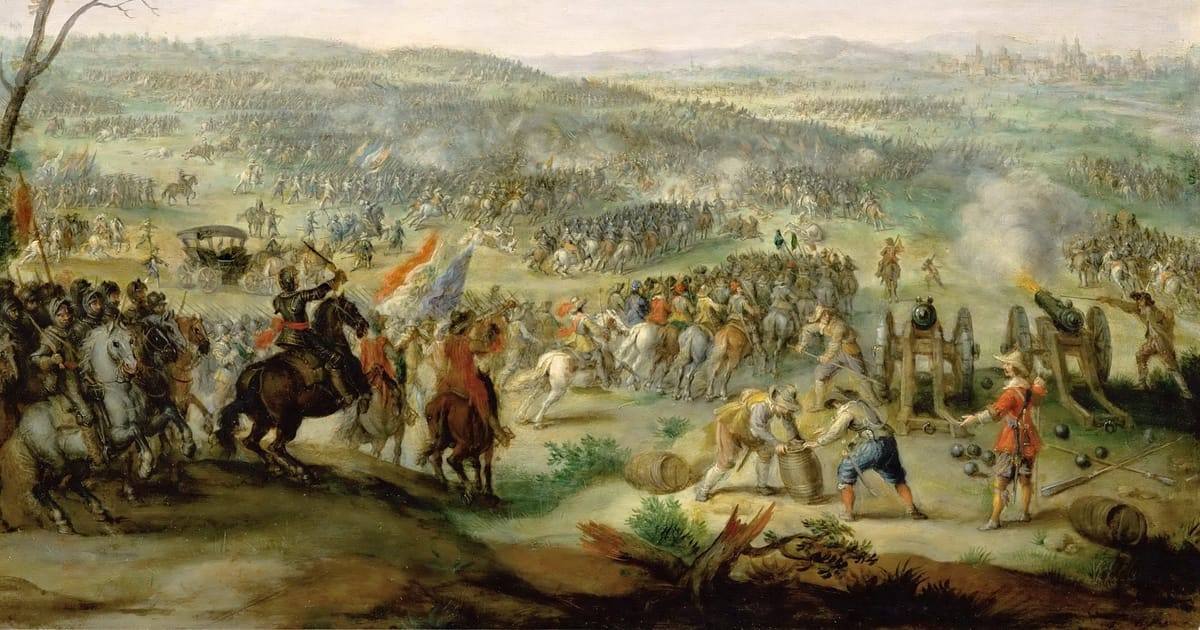
The Bohemians offered their crown to Kurpfalz Friedrich. When imperial forces defeated them, he returned to Rhineland-Palatinate. But he found too late that the war followed him home as well. Spain got interested and to counter Catholic Spain, Protestant Dutch got involved. 8/20 
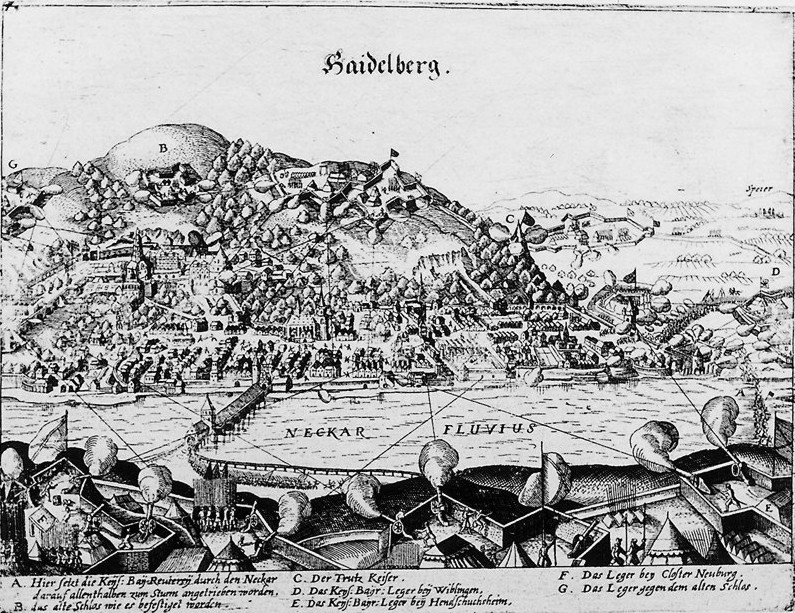
After this it was a case of revolving door as foreign powers intervened on the Protestant side, and the war spread across the Holy Roman Empire. Denmark-Norway, Sweden and Catholic France all fought on the Protestant side till the fighting waned in 1648. 9/20 



But it wasn’t over yet. The theatre of war merely shifted. France continued its war with Spain, which brought the war to the Low Countries and parts of Italy ruled by the Habsburgs. Portugal and Italian provinces looking to overcome the Habsburgs also got involved. 10/20 

Incidentally, all the participants on either side were Catholics. What started out as a war of religion now moved on to a war of national alliances. France made up with Spain in 1659, but Portugal continued its fight against Spain with English help till 1668. 11/20 

France was the strongest in mainland Europe, while Dutch was at its peak outside it. Though the French broke the Dutch in 1672, they recovered under their new stadtholder, Willem of Orange. The next decades were about the rivalry of Willem with the French King Louis XIV. 12/20 







Willem, who became King of England in 1689 rounded up a pan European alliance to check the French. But the French managed to see it through. They would be less successful in the next round when Europe again went head to head, over succession in Spain in 1700. 13/20 


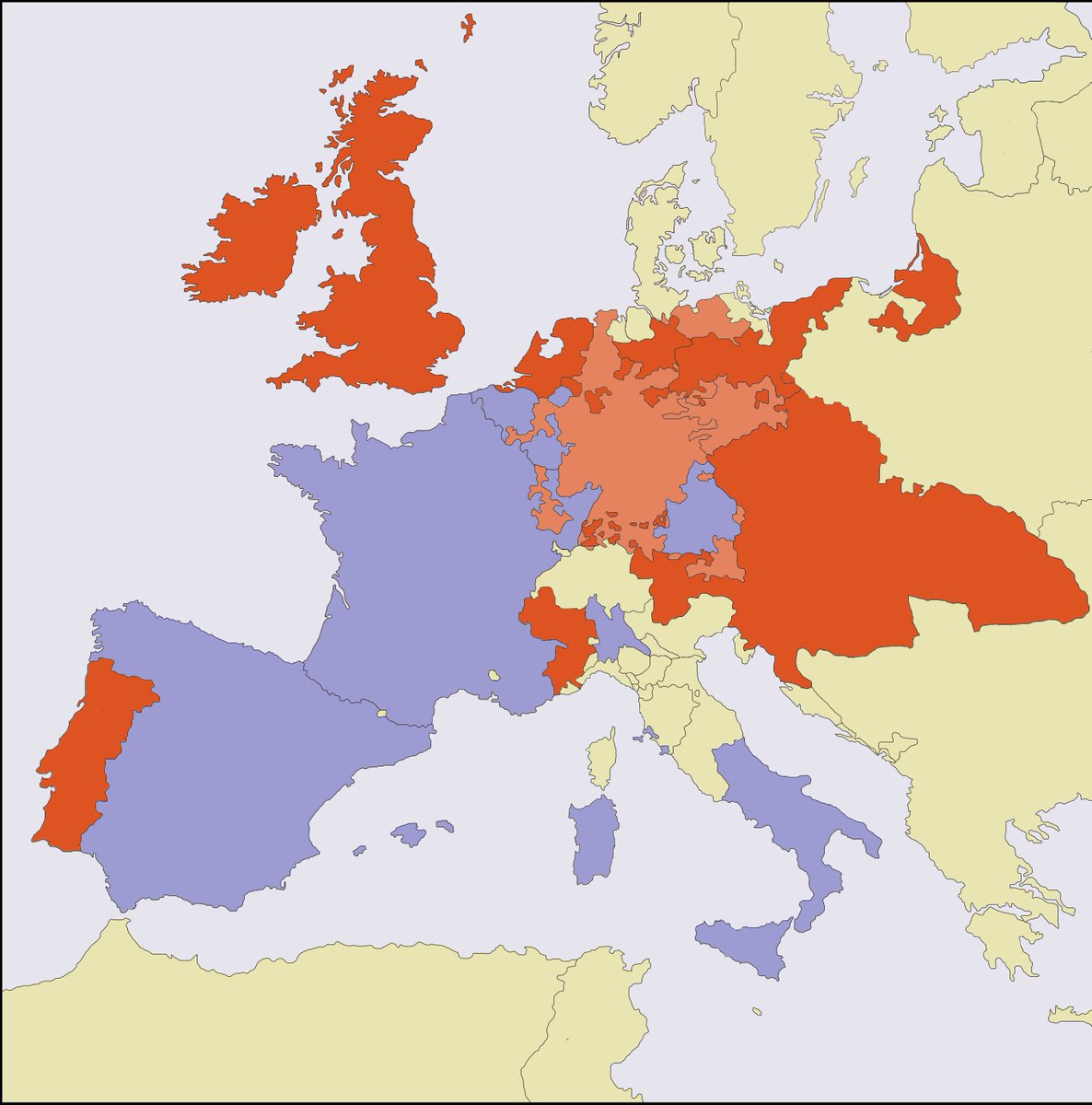
Meanwhile, another great battle was also going on, in northern Europe. With victory over Sweden, Russia emerged as a new power in Europe.
The Habsburgs and the Ottomans had been sparring in the background as well, but by 1699, Ottomans were losing ground in Europe. 14/20

The Habsburgs and the Ottomans had been sparring in the background as well, but by 1699, Ottomans were losing ground in Europe. 14/20

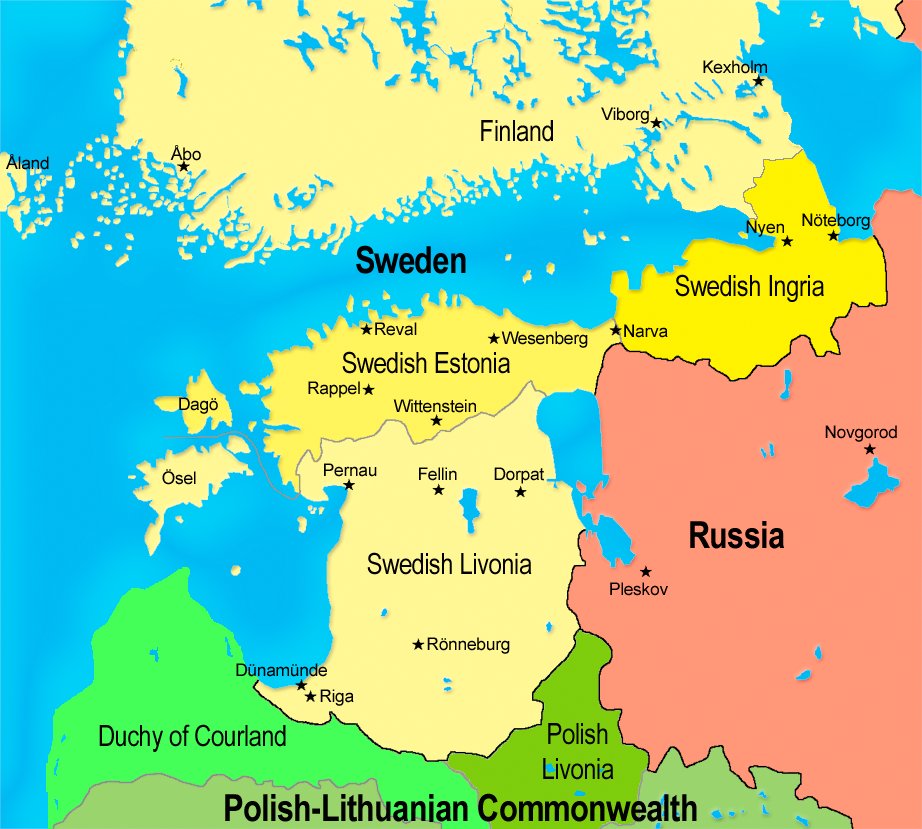
After a brief respite, Europe would get back to war over Polish inheritance. But by the end of the century there would be no Poland on the map. Prussia became a fighting force under King Friedrich, while Russia continued to grow under the Empresses Elisaveta & Ekaterina II. 15/20 







But the main wars of the century started over Habsburg inheritance, which again had the entire continent lined up on either side from 1740. Though the war ended in 1748, it only led to another war from 1756 to 1763. It also led to heavy fighting in the European colonies. 16/20 



By 1763, Europe again took a pause in battle. But, the Russian juggernaut marched on against the Ottomans, with some Habsburg help.
Late 18th century, the American War of Independence of and the French Revolution became a benchmark for populist movements across the world.17/20

Late 18th century, the American War of Independence of and the French Revolution became a benchmark for populist movements across the world.17/20


But old Europe still had a play remaining. After defeating Napoléon, European nations, led by the Russian Emperor Alexander I, worked towards maintaining the old order. A Concert played in Europe and for better part of the 19th century, Europe saw relative peace. 18/20 

It was a period of consolidation for Europe, as they gained in peacetime. But it also helped the rest of the world catch up. Incidentally, Russia had to deal with consistent warfare in the 19th century, with wars in the Caucasus, against Persia and in Asia as well. 19/20 

The 20th century saw renewed fighting with a vengeance. The Great War took a huge toll on Europe, but they were not out yet. But WWII saw that through. Europe had fought its way into the abyss. Detailed Post
https://twitter.com/Arby_K/status/1409351542528831488?s=2020/20
• • •
Missing some Tweet in this thread? You can try to
force a refresh




